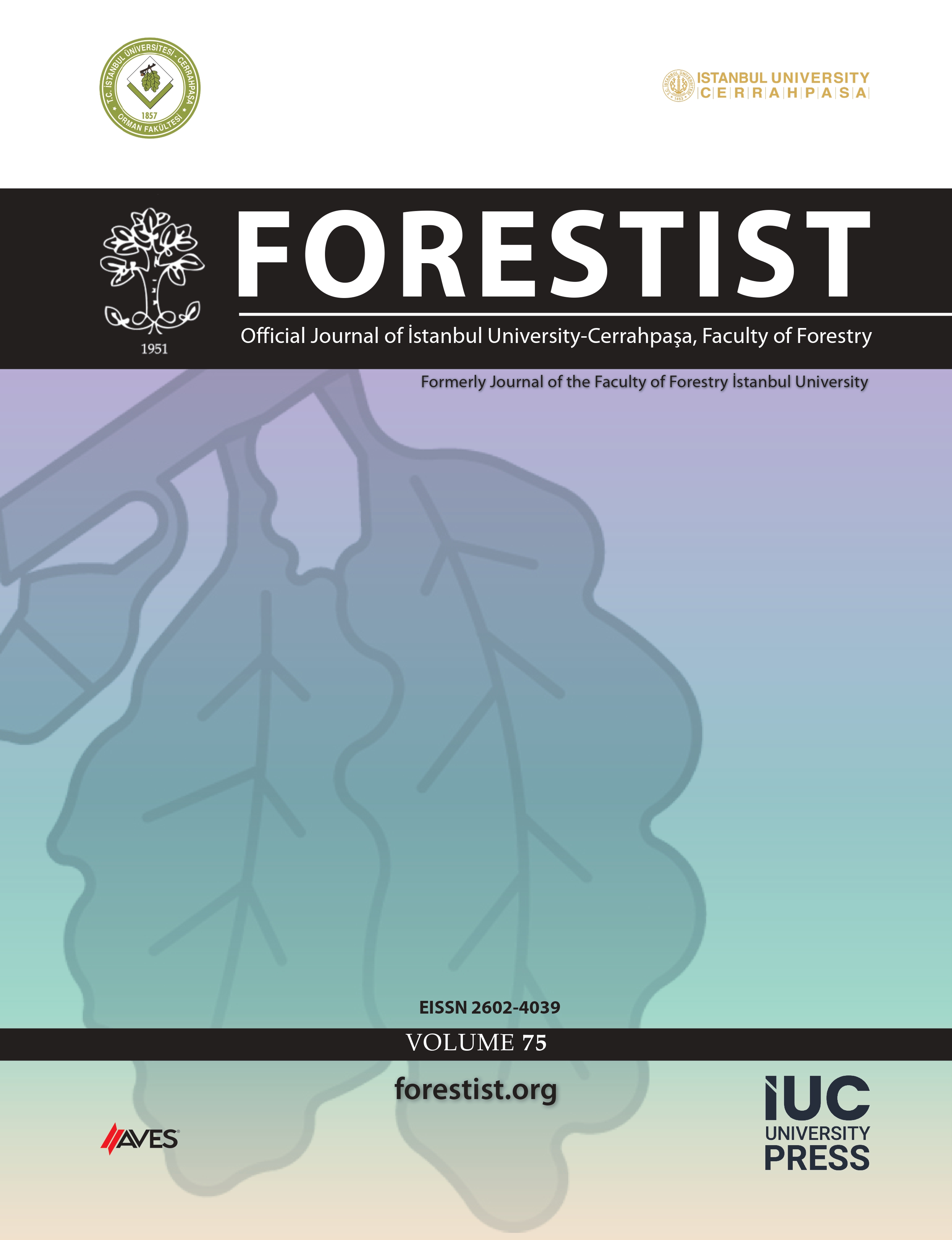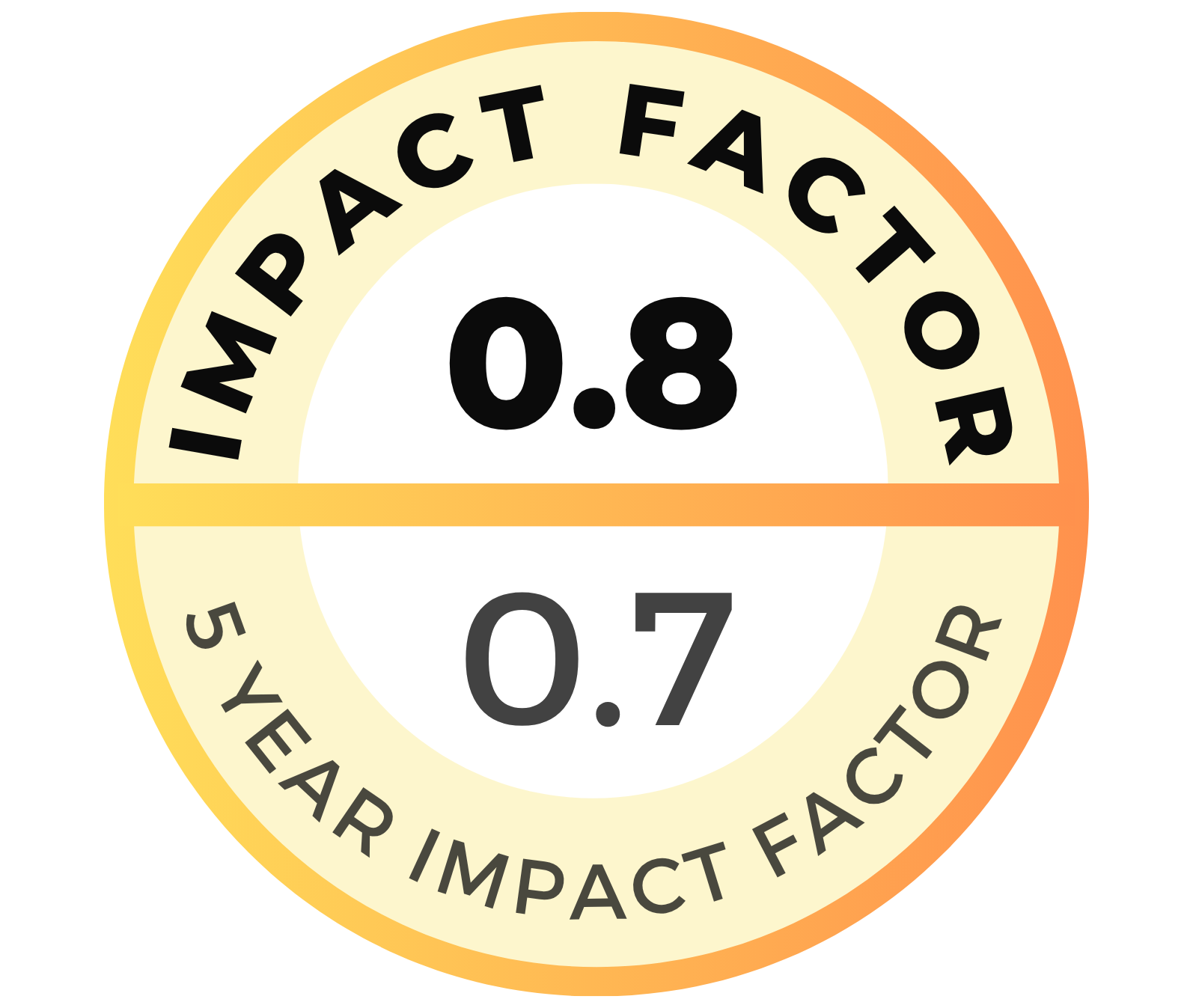In recent years, alternative naturalimpregnation materials are being sought as substitutes for chemicalimpregnation materials used for conserving wooden materials; therefore, suchnatural materials have acquired significance in the forest products industry.In this study, the boron compounds borax and boric acid, which are abundant rawmaterials in Turkey, and quebracho, a natural impregnation material, were used.For the impregnation process, aqueous solutions of 1%, 3%, and 5% boroncompounds were utilized. The test samples were impregnated according to ASTM D1413-76 principles. Oven-dry density, retention rate, bending strength, elasticmodulus, compression strength parallel to fibers, bonding strength parallel tofibers, and screw holding strength tests of the impregnated samples weremeasured, and the results were compared with those of control samples. Theretention, oven-dry density, comprehension parallel to fibers, and screwholding strength of the samples were found to be higher than those of thecontrol samples, whereas bending strength, elastic modulus, and bondingstrength parallel to fibers were lower. After impregnation, it was observedthat there was a decline in strength values and a rise in retention rates withthe increase in the concentrations of boron compounds. The values for samplesimpregnated with borax were higher than those for the samples impregnated withboric acid.
Cite this paper as: Fidan, M.S., Adanur, H., 2019. Physical and mechanical properties of wood impregnated with quebracho and boron compounds. Forestist 69(1): 68-80.




.png)
